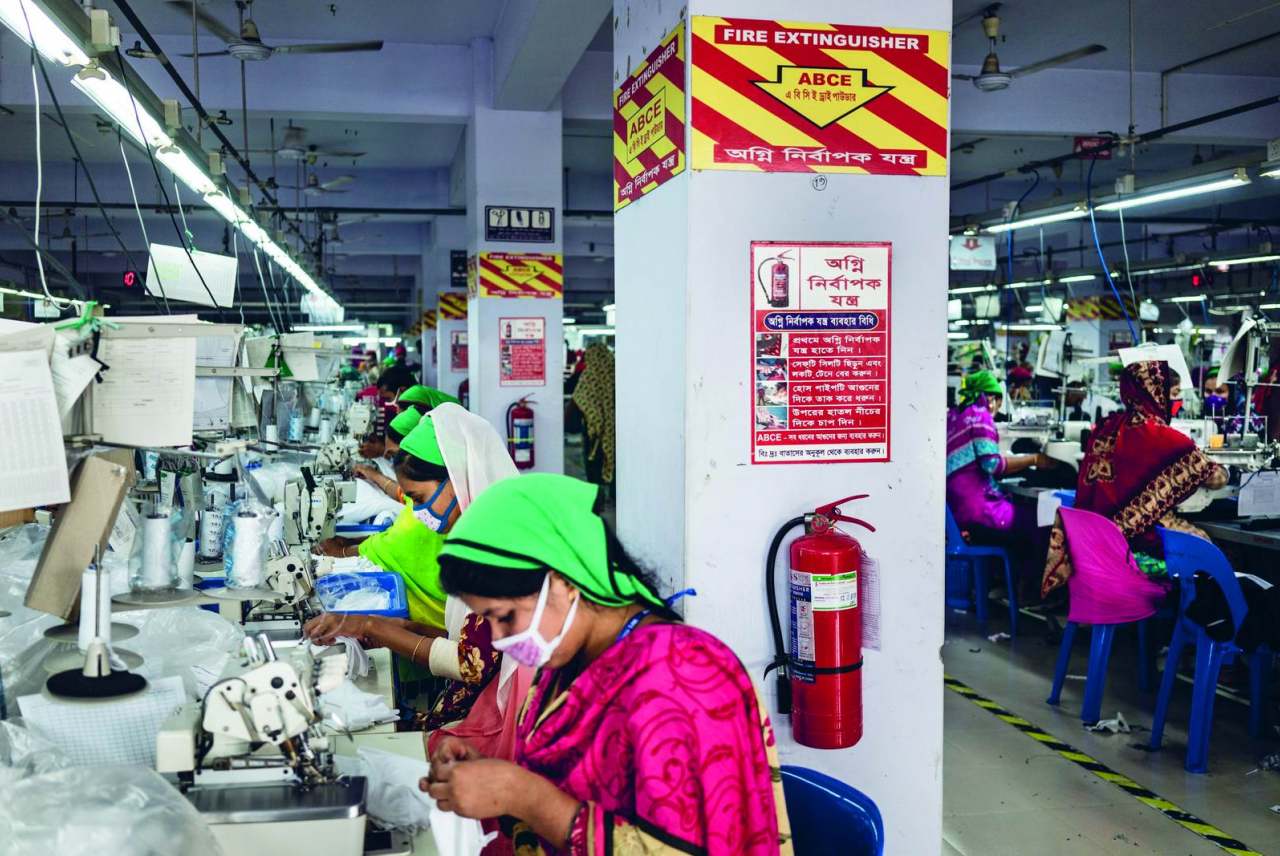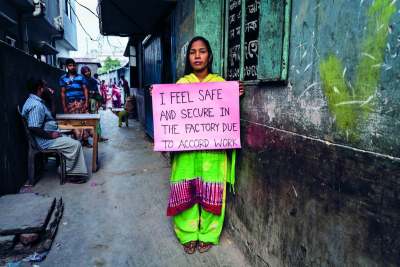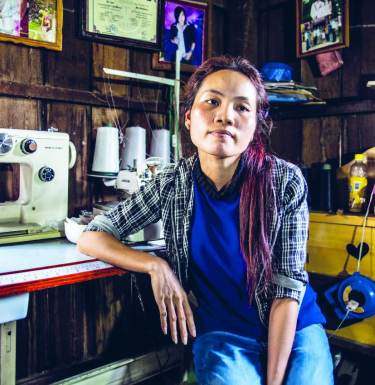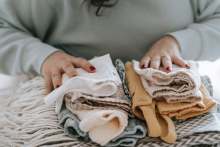In May 2019, a campaign was launched by Global Labor Justice (GLJ) and Asia Floor Wage Alliance (AFWA), demanding an end to gender-based violence in global garment supply chains.
A year before, GLJ and AFWA were part of a wider coalition which released factory level research reports documenting gender-based violence in the Asian garment supply chains of H&M, GAP and Walmart. They asked for immediate action from these companies, and a week later, H&M and Gap publicly declared support for a binding ILO (International Labour Organisation) Convention on workplace violence including gender-based violence in garment supply chains.
Of course, violence is not restricted to women, or the garment supply chain, but women are concentrated in shortterm and low-wage positions in the sector, and are at daily risk of violence and harassment.
The rise of fast fashion and its accelerated and unpredictable production cycles has made the situation worse. Downward pressure on prices and irregular repeat orders push suppliers to employ a more flexible, low-wage work force, and managers drive workers ever harder.
As Bobbie Santa Maria of the Business & Human Rights Resource Centre points out:
“Global brands are quick to use female empowerment when marketing their products. But when they exert relentless pressure to get more products for less money, it’s women workers who pay the price.”
One woman employed in an H&M supplier factory in Bangalore, India, testified that:
“On September 27, 2017, at 12:30 pm, my batch supervisor came up behind me as I was working on the sewing machine, yelling “you are not meeting your target production.”
He pulled me out of the chair and I fell on the floor. He hit me, including on my breasts. He pulled me up and then pushed me to the floor again. He kicked me.”
The supervisor was told to apologise, but the woman was also warned not to mention this further.
In June 2019, it was reported that women workers were at the International Labour Organization’s (ILO) centennial conference in Geneva, inputting into the final stages of a strong convention to end gender-based violence in the world of work.








